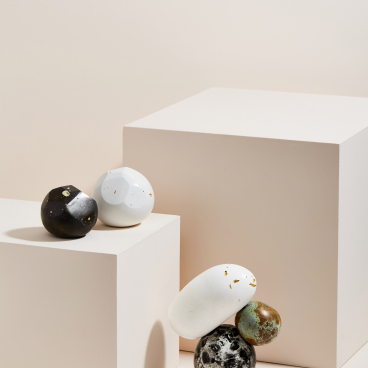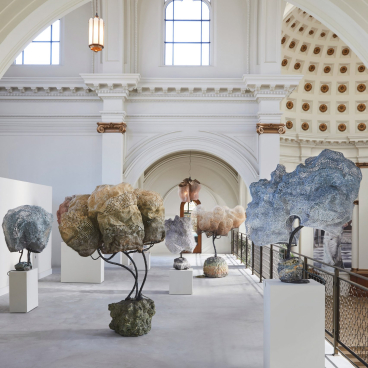Homes for Our Time gives us a glimpse into the world's finest crop of new abodes
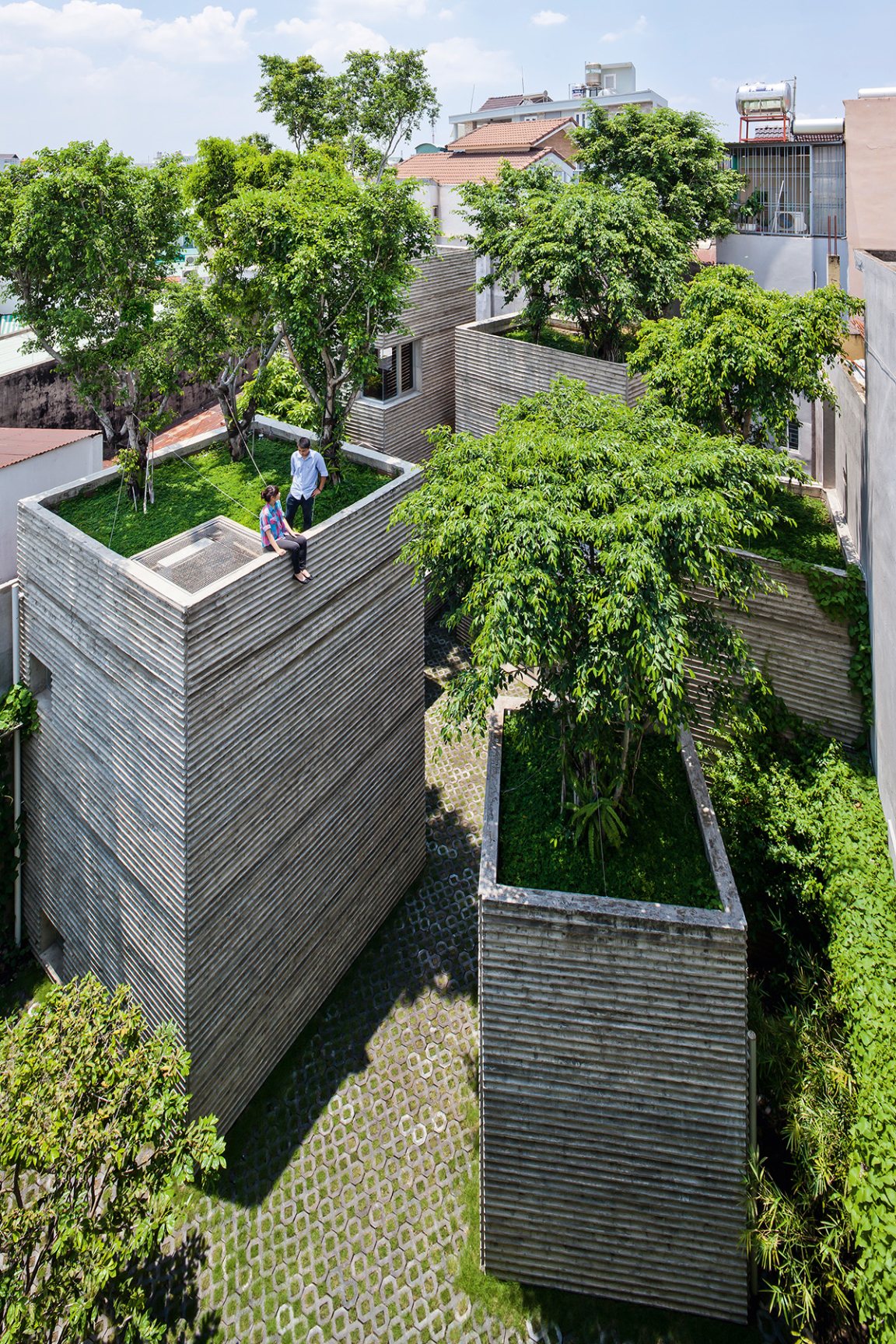
Vo Trong Nghia – House for Trees, Ho Chi Minh City, Vietnam. Copyright: © Hiroyuki Oki
Across small cottages and lavish villas, beach houses and forest refuges, a new book allows you to discover the world’s finest crop of new homes. Homes for Our Time. Contemporary Houses around the World by Philip Jodidio is a cutting-edge global digest featuring such talents as Shigeru Ban, MVRDV, and Marcio Kogan alongside up-and-coming names like Aires Mateus, Xu Fu-Min, Vo Trong Nghia, Desai Chia, and Shunri Nishizawa.
Here, there are homes in Australia and New Zealand, from China and Vietnam, in the United States and Mexico, and on to less expected places like Ecuador and Costa Rica. The result is a sweeping survey of the contemporary house and a revelation that homes across the globe may have more in common than expected.
Among guava trees and abandoned forts in Western India is a sanctuary designed for and by Kamal Malik of Malik Architecture. The House of Three Streams is a sprawling spectacle with high ceilings, verandas, and pavilions, perched atop a ridge overlooking two ravines. A medley of steel, glass, wood, and stone, the house weaves along the contour of the landscape, almost as an extension of the forest.
Encina House by Aranguren & Gallegos, an elegant, sloping structure reminiscent of a gazebo, similarly inhabits its surrounding vista. Ensconced in a pine forest north of Madrid, the lower level is embedded in rock and connected to the upper by a natural stone wall.
Shinichi Ogawa’s Seaside House is an immaculate, two-story, minimalist marvel in Kanagawa that overlooks the Pacific. Its living area spills onto a cantilevered terrace and infinity pool, almost dissolving into the ocean as one seamless entity.
In Vietnam, Shunri Nishizawa’s House in Chua Doc exudes tropical sophistication with exposed timber beams, woven bamboo sheets, plants, concrete panels, and inner balconies and terraces. Its corrugated iron panels act as moveable walls and shutters, ushering in views of surrounding rice fields.
These homes—along with more than 50 others—are each remarkably distinct in design. They all, however, toe the line between inside and outside, each one symbiotic with its surroundings. Purchase a copy for yourself at TASCHEN.
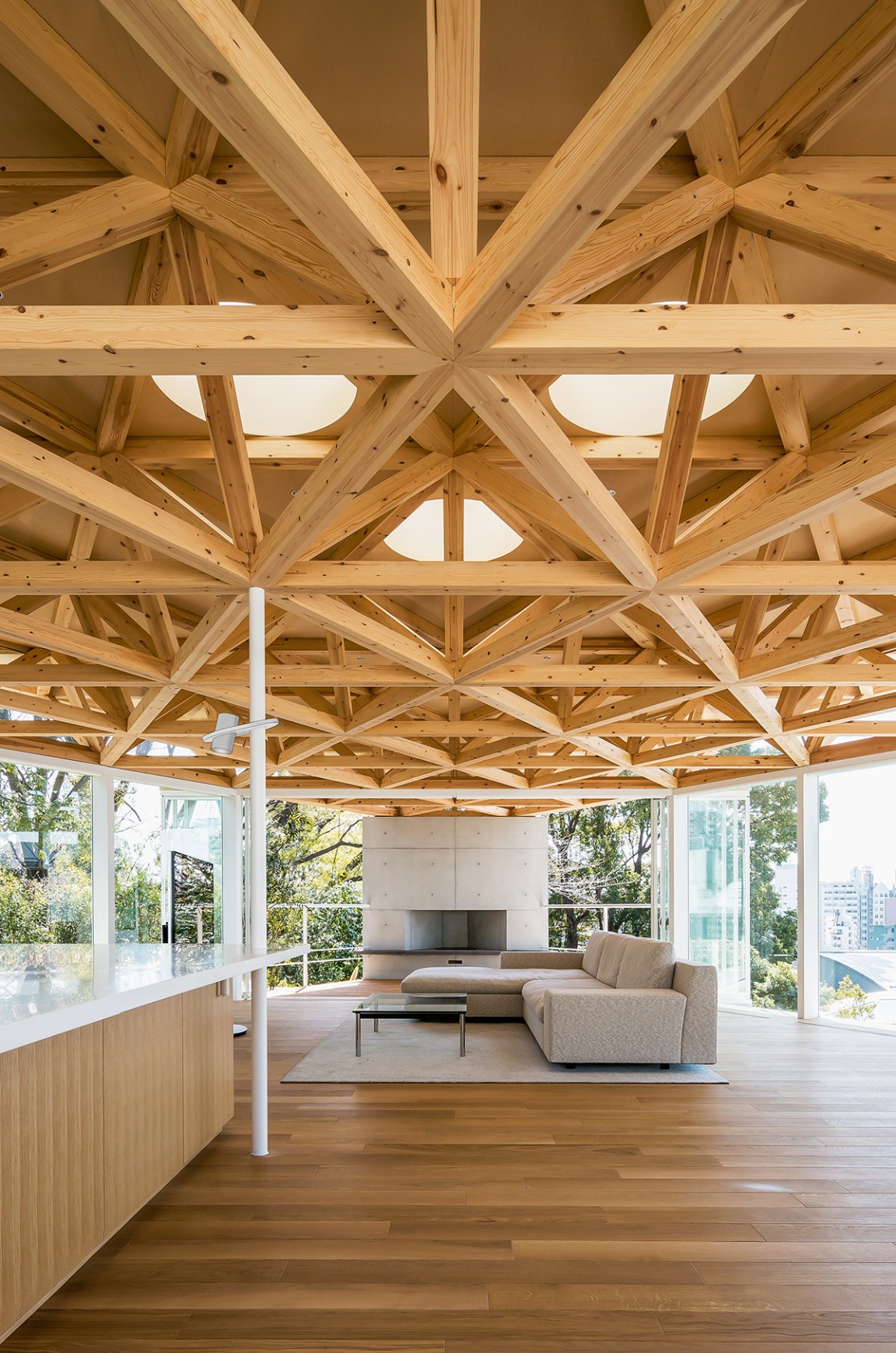
Shigeru Ban – Triangle House, Tokyo, Japan. Copyright: © Hiroyuki Hirai
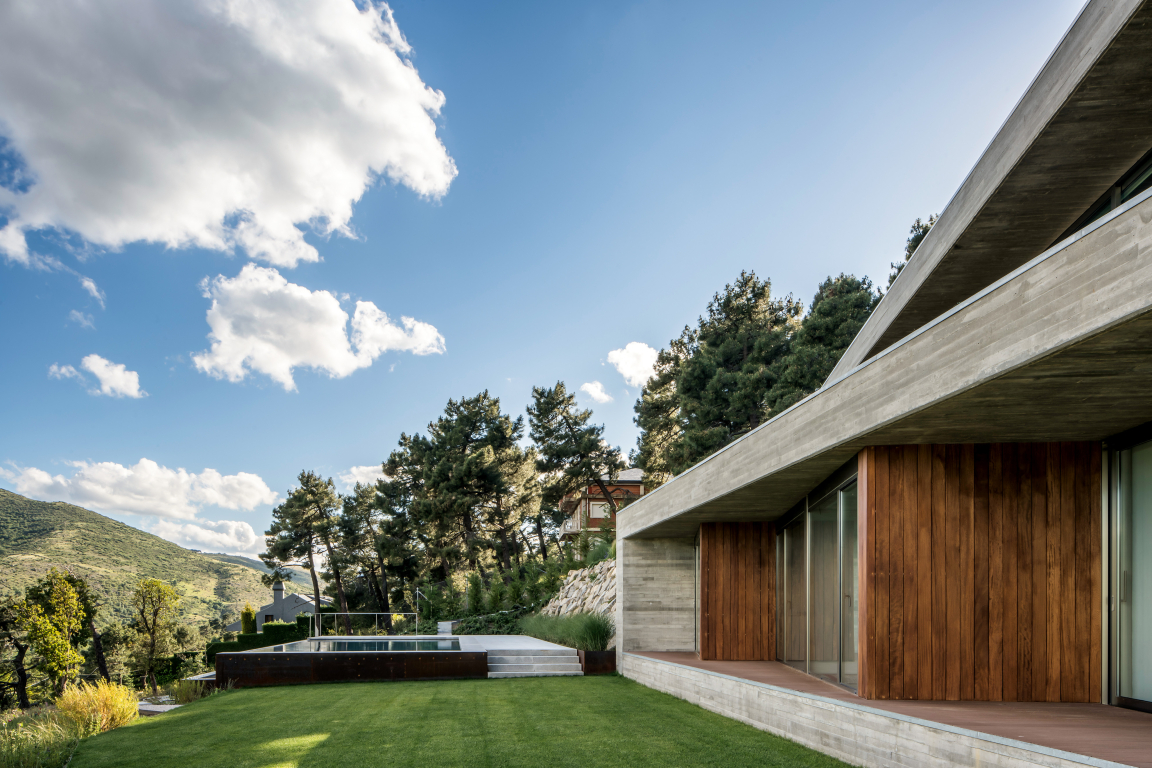
Aranguren & Gallegos – Encina House, San Lorenzo de El Escorial, Spain. Copyright: © Jesús Granada
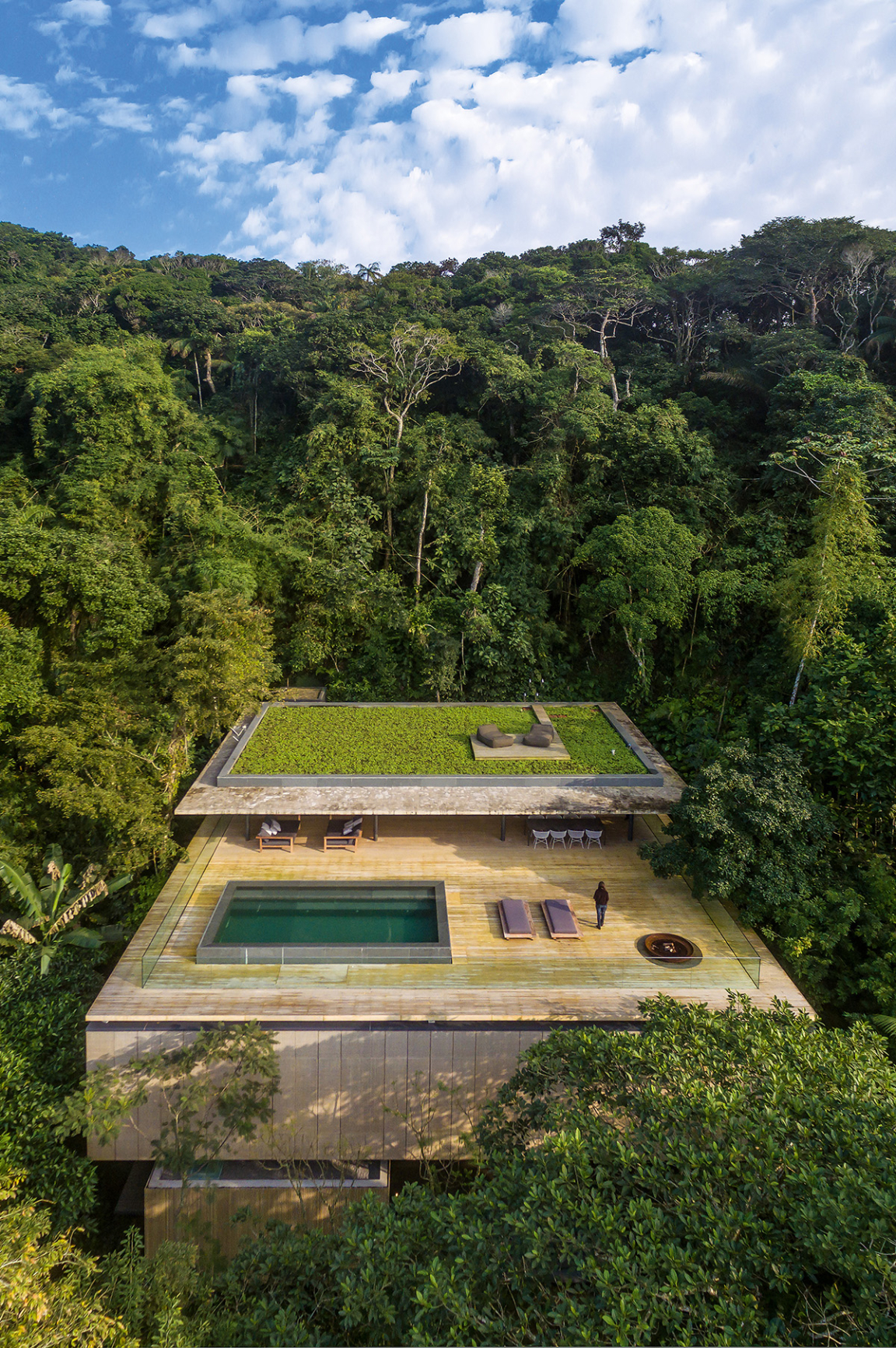
Marcio Kogan / studio mk27 – Jungle House, Guarujá, São Paulo, Brazil. Copyright: © Fernando Guerra | FG+SG
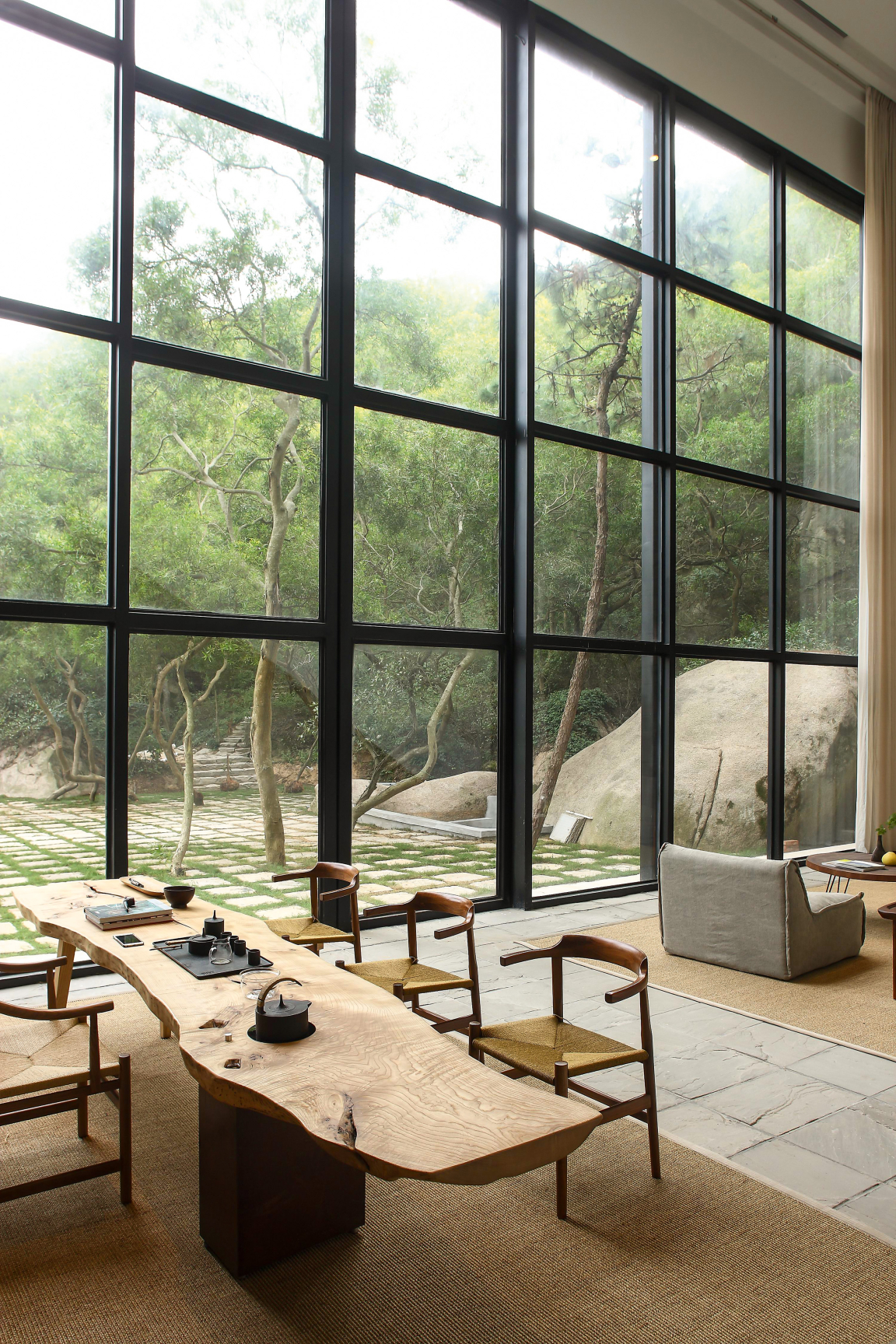
Xu Fu-Min – Returning Hut, Xiamen, Fujian, China. Copyright: © Wu Yong-Chang

Malik Architecture – House of Three Streams, Lonavala, Maharashtra, India. Copyright: © Iwan Baan
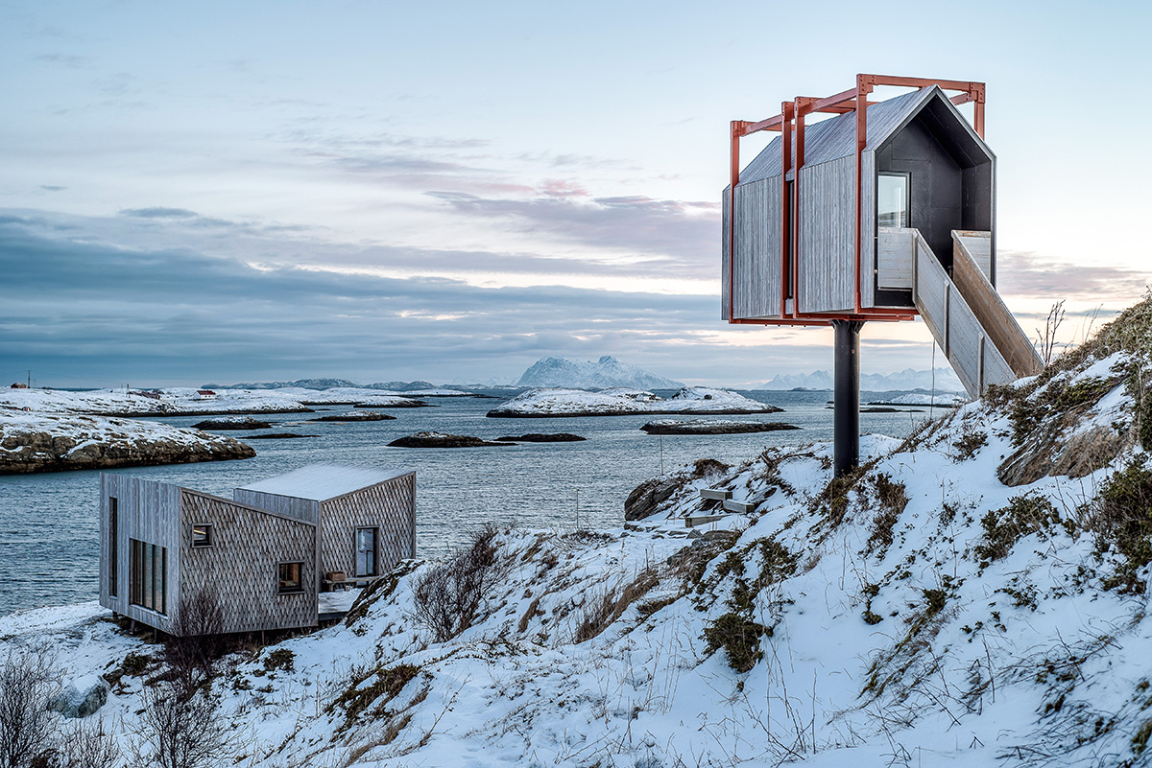
Rintala Eggertsson + TYIN – Fleinvær Refugium, Fleinvær Island, Nordland, Norway. Copyright: © Pasi Aalto
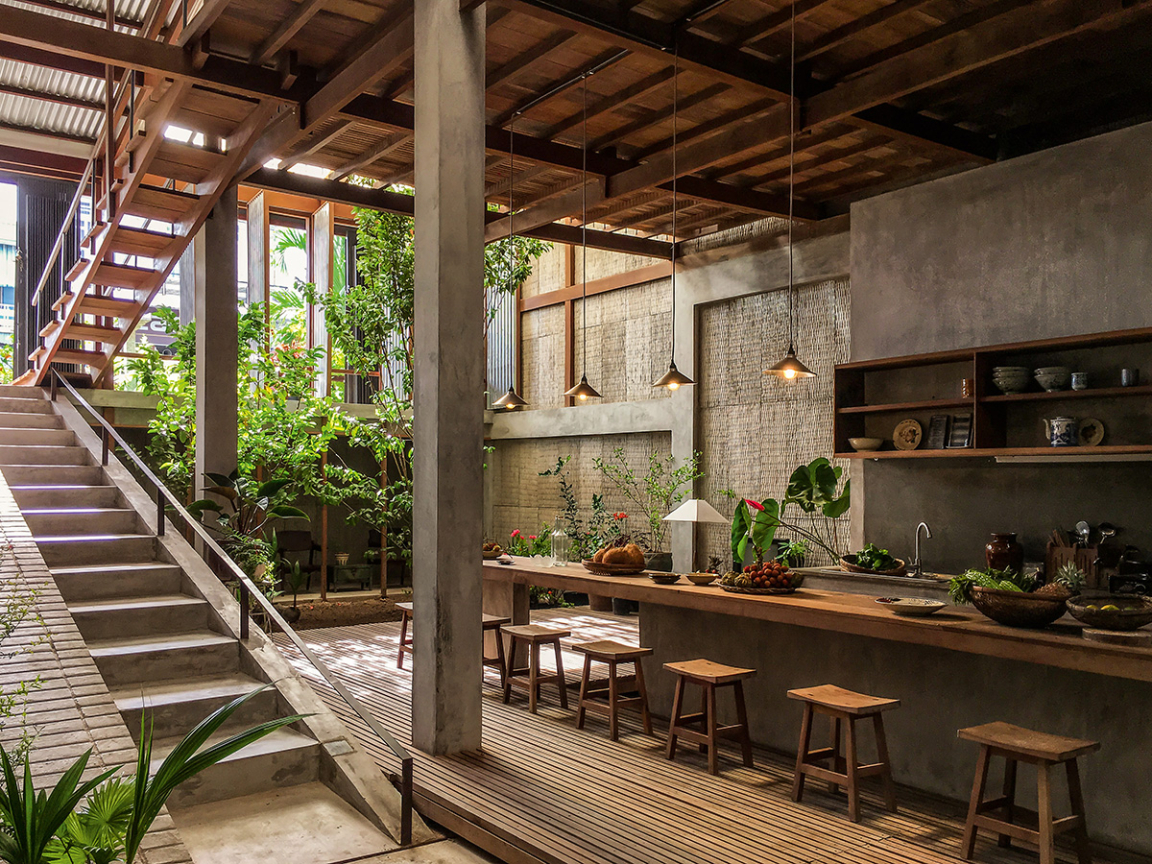
Shunri Nishizawa – House in Chau Doc, Chau Doc, Vietnam. Copyright: © Hiroyuki Oki
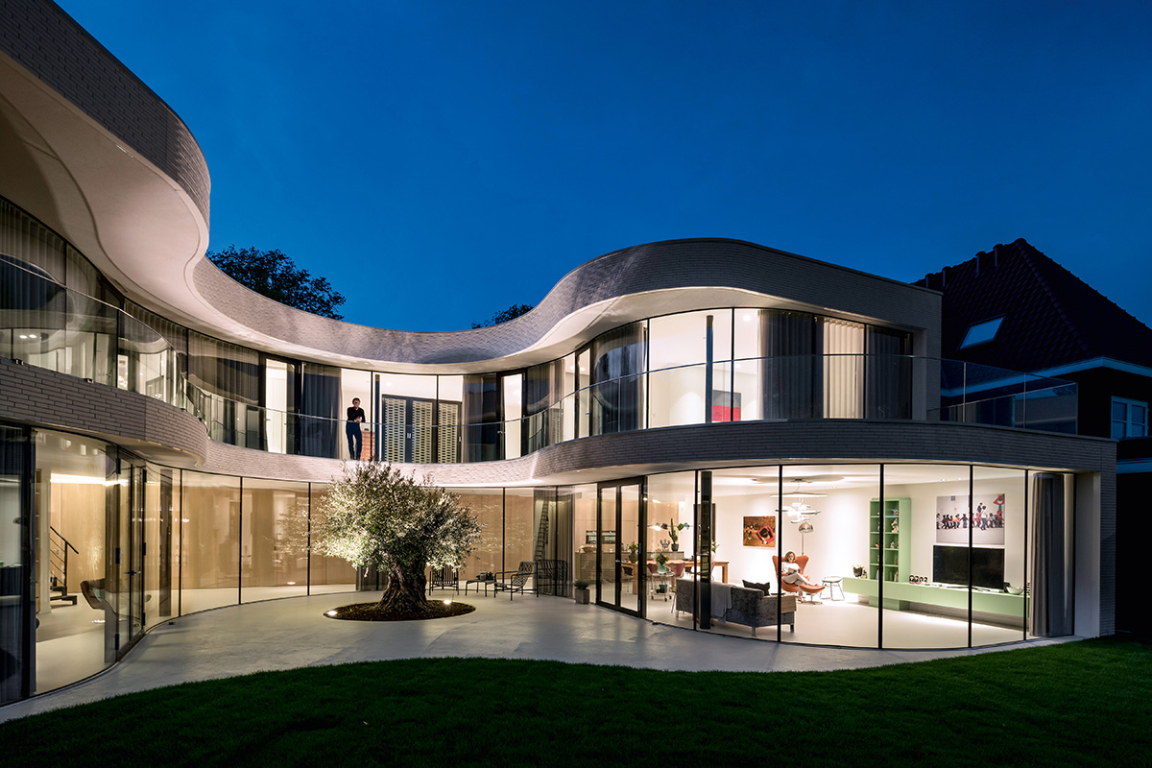
MVRDV– Casa Kwantes, Schiedam, The Netherlands. Copyright: © Ossip van Duivenbode



